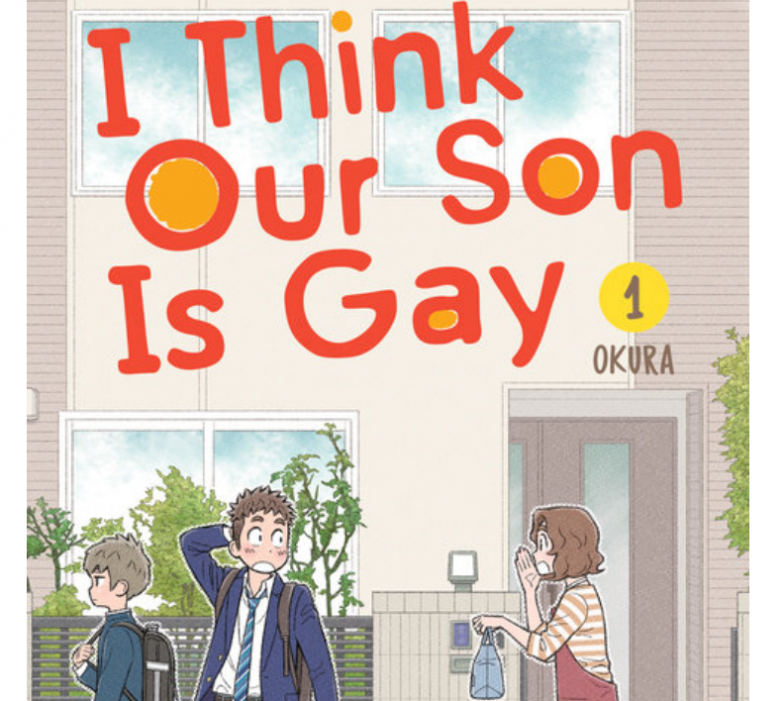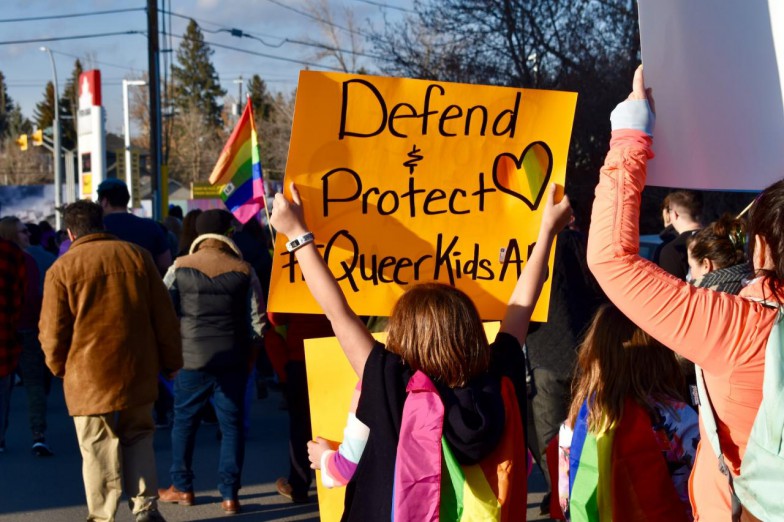
How To Support Your Child Coming Out
Is your child coming out? If you’re not sure how to completely support them, read this guide to learn how.
How to embrace your child coming out — the ultimate guide.
If you're the parent of a child who you suspect is LGBTQ but hasn't come out to you, you may be concerned about your role. How will your reaction affect your child's mental health and well-being? What information does your child require? Solve many of your worries by reading this guide on how to support your child coming out.
Here’s what you can do.

Read helpful guides, articles, and stories
It may be hard to adjust to your child's coming out, especially if you live in a small or conservative area. However, always remember that you are not alone. There are thousands of blogs, guides, articles, videos, and books to help you find ways to support your family. A fun, wholesome LGBTQ+-friendly read about a mother watching her pre-teen son grow and explore his sexuality is “I Think Our Son is Gay” by Okura. It's a creative read that explores a parent's perspective, which can help you navigate your new situation.

Be their support
The one thing every LGBTQ+ individual needs is support. Without that support, they may find themselves getting lost. You and your child will have a series of conversations over the course of days, weeks, and years as your child grows up and discovers a new language for what they're experiencing, and as you work as a team to figure out what that means for things like sleepovers, dress preferences, dates, etc. Throughout these discussions, your move should be to be their cheerleader. By consistently being supportive, you are affirming your child and dispelling any fears they may have that you will judge or dislike them for who they are!
Love them unconditionally
At the end of the day, it is your child. You loved them from day one. Nothing changed about them. They are just ready to live their authentic life. The one thing they need is for you to continue loving them, even if it is hard for you to adjust or accept their sexuality. When a child comes out to a parent, the bottom line is to express clearly that you still love them, no matter what. Your child will likely remember that first coming out conversation for the rest of their life. Naturally, you look to your parents' reactions to predict how other people will react.

Give them a safe environment
As a parent, you may be concerned about how your child will be treated at school and in places where LGBTQ+ people may not be welcome, as well as how they will deal with hostility if they encounter it. Instead of saying, "This is going to be harder for you," start the conversation by asking if the child is concerned about not being accepted or being targeted for bullying. "No, everyone already knows, and they're supportive, and the teachers are great," your child may say, or they may alert you to a lack of support. If they are in school, you must be aware of the policies in place. If you have the impression that they will not be supportive of your child, you should either take a stand and advocate for those supports or consider changing their school to a safer and more secure environment.
When parents are concerned about whether their LGBTQ+ child will be safe, the importance of parental support in enabling children to speak up becomes vital. It is critical to provide a supportive home environment. It can make a difference if your child feels safe enough to share their safety concerns.
Provide your child with LGBTQ+ resources
The unfortunate reality is that your child will most likely not learn about LGBTQ+ people or see queer representation in the classroom. LGBTQ+ history will not be covered in their textbooks. Their sex education classes will not address the sex and dating issues that are most likely to affect your child. And, because many LGBTQ+ teachers are not out at school for fear of harassment and job loss, they are unlikely to see queer adults surviving and thriving in the classroom. You have the opportunity as a parent to provide age-appropriate material that can fill these gaps — and you should. If your child is embarrassed about this revelation, showing them queer representation can help them feel less alone and less afraid.
Your child coming out doesn’t have to be a terrifying experience for either of you. Instead, follow the tips above to easily adjust and support your child. If you need more LGBTQ+ friendly guides, tips, and articles, check out the MOBILESTYLES blog. We have a plethora of articles that you and your child will enjoy!






